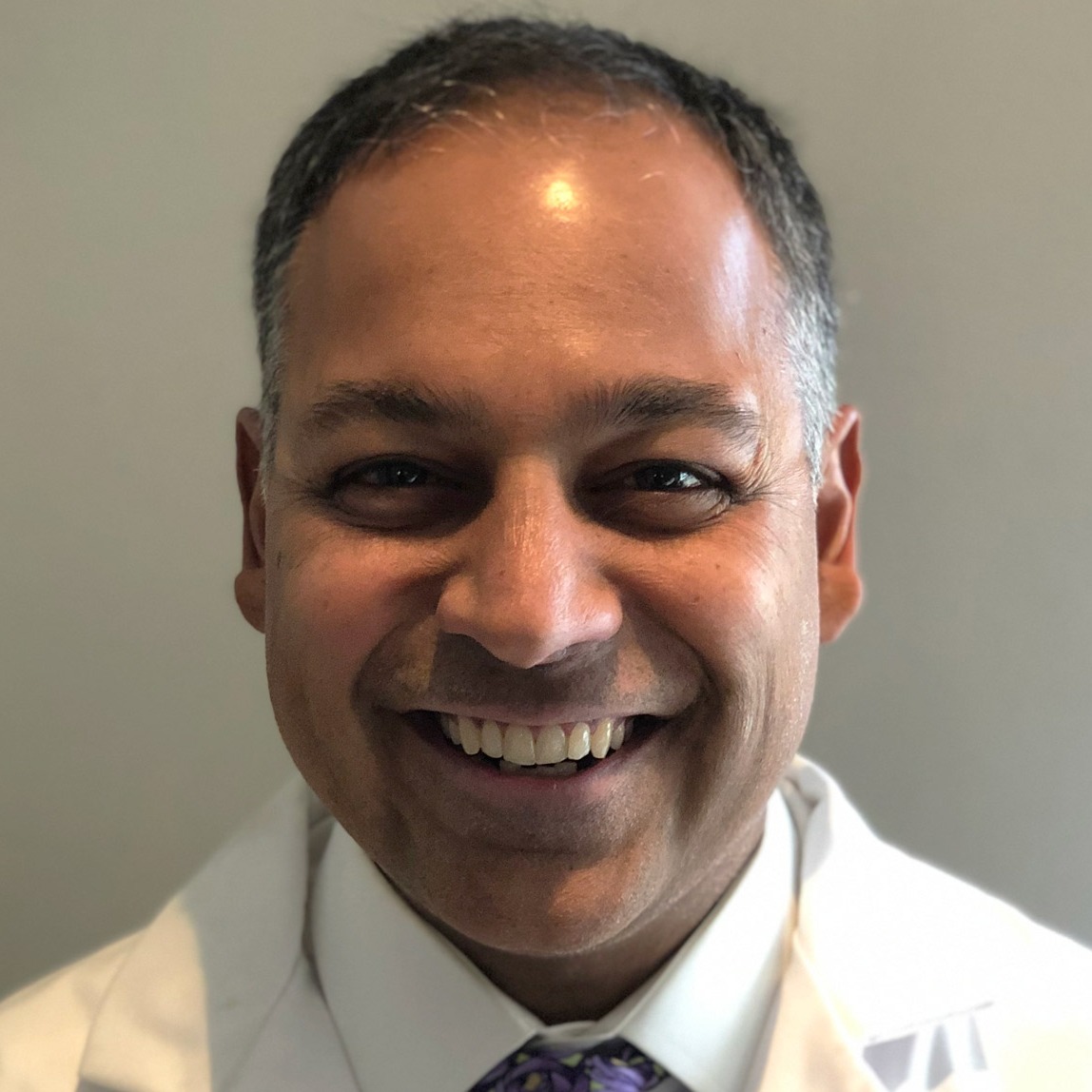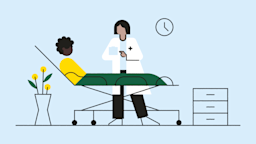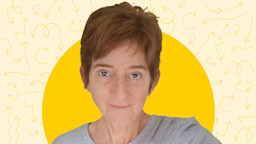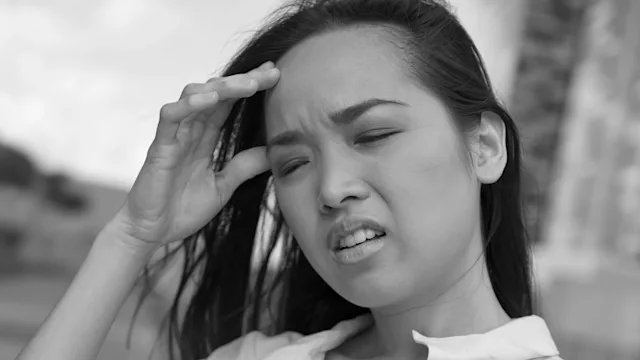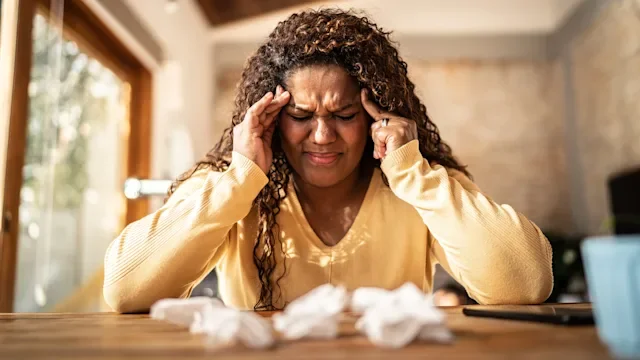Key takeaways:
A concussion is caused by trauma or injury to the brain.
Many people believe that it’s dangerous to go to sleep after a concussion. However, sleep is actually an important factor in helping your brain heal after a concussion.
It’s important to know which red flags to watch for, such as repeated vomiting, worsening headache, visual problems, or trouble balancing.
If you or someone you love gets a concussion, it’s natural to wonder, is it okay to go to sleep? Should you try to keep your loved one awake? Here, we’ll talk about the common idea that you shouldn’t let someone fall asleep after a concussion.
What is a concussion?
A concussion is a type of traumatic brain injury that is caused by mechanical force or trauma to the brain. It can be caused by falls, a blow to the head, or aggressive shaking, which can cause the brain to bounce around in the skull and damage brain cells. The symptoms of a concussion include:
Headache
Confusion
Problems with vision
Dizziness or trouble balancing
Memory loss
Loss of consciousness
Difficulty concentrating
Mood swings
Sensitivity to light
Sleep disturbances (sleeping too much or not sleeping well)
Search and compare options
Quiz: Do I Have a Concussion?
Why do people think you shouldn’t sleep after a concussion?
The idea that you shouldn’t let someone go to sleep after a concussion comes from the belief that if you go to sleep after a concussion, you might slip into a coma and die. While it’s not clear where this idea comes from, it’s mostly a myth.
Claim: Sleeping after a concussion is dangerous
People often think that if you have a concussion, you should avoid going to sleep afterwards. In fact, a recent study of American adults showed that half of the adults surveyed thought that you should try to avoid sleeping for 24 hours after a concussion.
What does the science say?
There is no evidence that going to sleep after a head injury will lead to any worsening of symptoms. In fact, the evidence on sleep after a concussion shows that, in general, good sleep helps with recovery. People who have trouble sleeping after a concussion often take longer to recover and are more likely to develop depression later on. So it’s important to keep good sleep habits after a concussion.
There is an important caveat, however. While sleeping won’t make your concussion worse, you can’t monitor for any worsening symptoms if you’re asleep. Most experts agree that it’s helpful to observe symptoms for 4 hours after an injury to see if there are any new or worsening symptoms.
If a head injury happens shortly before bedtime, depending on your symptoms, you may be better off being seen by a healthcare provider before going to bed.
What are signs that you should seek immediate medical care?
If you have had a recent head injury and are having any “red-flag” symptoms, you should go to an emergency department immediately to make sure there isn’t a more serious injury that would need immediate attention. Those symptoms include:
Loss of consciousness
Repeated vomiting
Visual disturbances
Worsening headache
Slurred speech
Confusion or behavioral changes
Persistent dizziness
One pupil that is larger than the other
Unusual sleepiness
Lots of crying or refusal to feed (in infants)
Read more like this
Explore these related articles, suggested for readers like you.
After an evaluation, your healthcare provider may order an imaging study to look at images of your brain. If they do a CT or MRI, it’s usually to rule out something like a brain bleed or skull fracture, not to see evidence of a concussion. A concussion can involve injury to the brain, but it is microscopic and would not usually show up on a CT or MRI.
What do the experts say?
The National Athletic Training Association recommends that you get rest after a concussion. This means keeping a regular sleep routine and avoiding strenuous activities or activities that require a lot of concentration. The Centers for Disease Control and Prevention also advises getting a good night’s sleep and taking regular naps as needed, especially during the first few days after a concussion.
So should I avoid sleeping after a concussion?
No. There’s no evidence that sleeping after a concussion is dangerous. In fact, sleeping is an essential part of healing your brain. If you have had a recent head injury, look out for red-flag symptoms, such as vomiting and loss of consciousness, and get evaluated by a healthcare provider.
But as long as you’re not having any of the above red-flag symptoms and you’ve had a few hours to monitor your symptoms, feel free to grab that pillow and enjoy the healing powers of sleep.
References
Brett, B. L., et al. (2021). Research letter: Sleep mediates the association between prior concussion and depressive symptoms. Journal of Head Trauma Rehabilitation.
Centers for Disease Control and Prevention (2019). Concussion danger signs.
Centers for Disease Control and Prevention (2019). Recovery from concussion.
Centers for Disease Control and Prevention. (2019). What is a concussion?.
Hoffman, N. L., et al. (2020). Relationships between post-concussion sleep and symptom recovery: A preliminary study. Journal of Neurotrauma.
National Athletic Trainers Association. (2014). Concussion 101.
National Library of Medicine. (2019). Head injury: Assessment and early management. NICE Clinical Guidelines.
University of Pittsburgh Medical Center. (2015). Concussions: How knowledgeable are Americans?

Why trust our experts?


